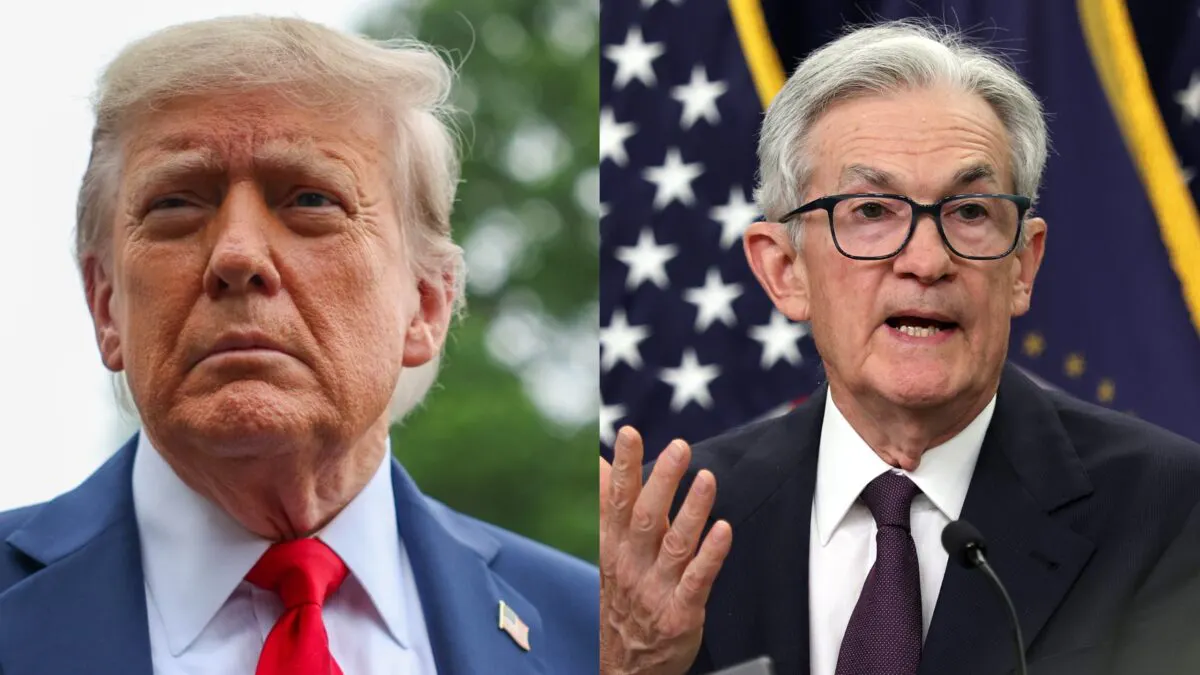WASHINGTON (Reuters) — The Federal Reserve should consider cutting interest rates at its next meeting given recent tame inflation data and the fact that any price shock from import tariffs will be short-lived, Federal Reserve Governor Christopher Waller said on Friday.
Waller’s dovish outlook for monetary policy comes as President Donald Trump is approaching the selection of a replacement for Fed Chair Jerome Powell, whose term ends next year. Trump has been aggressively pushing the Fed to cut rates amid a flurry of insults directed at Powell. Waller is widely considered to be in the mix for a potential Powell successor, and his current monetary policy inclinations favoring lower rates might boost his prospects to become the next Fed chair.
“Any tariff inflation … I don’t think is going to be that big and we should just look through it in terms of setting policy,” Waller said on CNBC’s “Squawk Box.” “The data the last few months has been showing that trend inflation is looking pretty good … We could do this as early as July.”
Waller’s remarks on monetary policy were the first public comments by a central banker in the wake of this week’s Federal Open Market Committee policy meeting, which left the central bank’s interest rate target range set between 4.25% and 4.5%. In forecasts released at the meeting officials stuck with expectations they’ll be able to cut rates twice this year.
Trump blasted Powell before the Fed meeting, saying, “We have a stupid person, frankly, at the Fed. I guess he’s a political guy, I don’t know. He’s a political guy who’s not a smart person.”
As for when those cuts might take place, the Fed offered little guidance. Speaking after the FOMC meeting, Powell cautioned there’s considerable uncertainty around the outlook amid the big changes in trade policy being pushed through by the Trump administration. He also warned that the tariff policy pursued by the president is almost certain to push up inflation, but it’s unclear by how much and for how long, and because of that, it’s hard to say what monetary policy needs to do right now.
“For the time being we are well positioned to wait to learn more about the likely course of the economy before considering any adjustments to our policy stance,” Powell told reporters.
The challenging nature of the economic outlook got a fresh update on Friday with data from the Philadelphia Fed, which showed factories in the bank’s district saw contracting activity for a third straight month amid a particularly weak turn for hiring within the sector.
Waller’s openness to cutting interest rates starting at the July 29-30 FOMC meeting leaves him well apart from most of his colleagues based on their public comments. Waller has argued for some time that textbook understandings of tariff impacts all point to a one-time hit the Fed can look through, and he doubts the president’s import tax surge will create more persistent price gains.
Waller, in making the case for cuts, noted that the inflation trends have already been cooling and monetary policy is well above the level deemed to be neutral in its impact on the economy. What’s more, he said he’s seeing signs of incipient weakness in the labor market, citing challenges by new college graduates to find work. Waller noted that cutting rates sooner rather than later might be good for hiring.
“I’m all in favor of saying maybe we should start thinking about cutting the policy rate at the next meeting, because we don’t want to wait till the job market tanks before we start cutting the policy rate,” Waller said.
(Reporting by Howard Schneider and Michael S. Derby; Editing by Aidan Lewis and Andrea Ricci)

.png)
.png)

